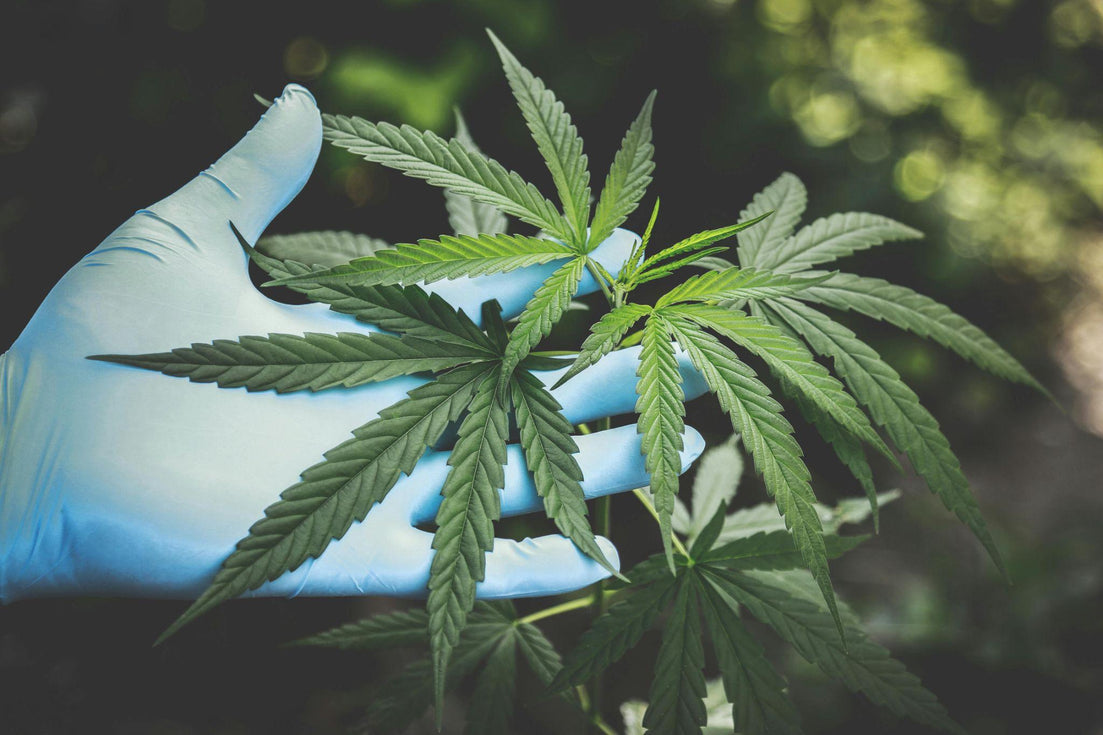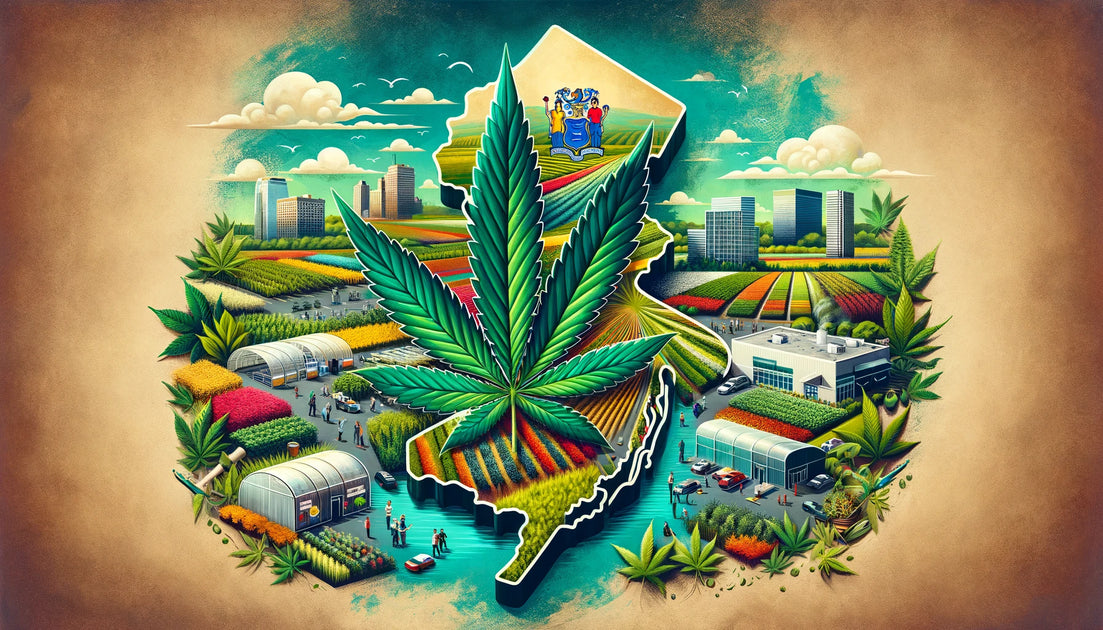Your cart is currently empty.

Weed, also known as marijuana, pot, or cannabis, is a psychoactive drug from the Cannabis plant. The main psychoactive ingredient in weed is THC. Every individual will have different reactions to weed-based on their biology, tolerance, and the amount of weed consumed. Weed can have other effects on your brain and body depending on how you consume it. The three most common ways to consume weed are eating edibles, smoking, and vaping. Let's look at how these consumption methods affect your brain and body.
Effects of Eating Edibles
Edibles are food items that have been infused with weed. Edibles can come in gummies, cookies, brownies, or even savory dishes. You can buy delta 8 gummies and other edibles online. The effects of edibles can be very intense and long-lasting because they're absorbed through your digestive system. These edibles usually take two hours to kick in, but the effects can last up to 12 hours.
Edibles can be a great way to consume weed if you don't want to smoke or vape. However, they can be very dangerous if not used properly. Because edibles take a while to kick in, it's easy to overeat before you start feeling the effects. Overeating weed can lead to anxiety, paranoia, and even hallucinations. It's essential to begin with, a low dose of edibles and wait at least an hour before consuming more.
Effects of Smoking Weed
Smoking weed will give you a faster and more intense high than other consumption methods. The THC enters your bloodstream through your lungs and quickly goes to your brain. Typically, you feel the effects of smoking weed within minutes. The high from smoking weed usually lasts between one and three hours.
Smoking weed can adversely affect your health, especially if you do it regularly. Smoking weed can damage your lung tissue and make it harder for your lungs to clear out bacteria. This can lead to bronchitis, persistent cough, and increased mucus production. Smoking weed can also increase your risk of developing cancer.
Effects of Vaping Weed
Vaping is a popular method of consuming weed because it doesn't involve smoking. Vaping heats the weed until it produces a vapor that you then inhale. Vaping gives you a less intense high than smoking because the vapor doesn't contain as much THC as smoke does. The effects of vaping weed usually last between two and four hours.

Vaping is considered a healthier alternative to smoking because it doesn't involve lighting weed on fire and inhaling smoke. There's no risk of damaging your lungs or developing cancer from vaping. However, vaping can still be harmful to your health. The vapor from vaping contains toxic chemicals, including some known to cause cancer.
How Weed Affects Your Brain
Weed affects your brain by binding to cannabinoid receptors. These receptors are located in different parts of your brain, including the hippocampus, cerebral cortex, and amygdala. The binding of THC to these receptors alters how these brain regions work.
The hippocampus is responsible for memory formation, so weed can impair your short-term memory. This is why it's hard to remember things when you're high. The cerebral cortex is responsible for processing information from your senses so that Weed can distort your sense of time, space, and sight. The amygdala regulates fear and anxiety so that weed can cause paranoia and anxiety.
How Weed Affects Your Body
Weed affects your body in several ways. It can increase your heart rate, cause dry mouth, make you feel dizzy or lightheaded, and munchies. The binding of THC causes these effects on cannabinoid receptors in your body.
Weed can also have some adverse effects on your health. Weed's regular use has been linked to an increased risk of developing anxiety, depression, and schizophrenia. Weed can also worsen the symptoms of these conditions. If you have a history of mental illness, you should avoid using Weed.
Pregnant women should also avoid using Weed because it can increase the risk of developmental problems in their babies.
Weed Side Effects
While there are potential side effects to smoking weed, they are relatively minor compared to other drugs. The most common side effects include:
- Dry mouth
- Red eyes
- Anxiety
- Paranoia
- Dizziness
- Increased heart rate
These side effects are usually mild and go away after a few hours. However, some people may experience more severe side effects, such as:
- Psychosis
- Hallucinations
- Delusions
- Confusion
- Agitation
If you experience any of these side effects, it's essential to seek medical help immediately. Smoking weed can also worsen the symptoms of mental illness, so it's important to avoid using it if you have a history of mental illness.
In conclusion, there are both potentially positive and negative effects of smoking weed. However, the risks are relatively minor when compared to other drugs. If you're considering using weed, it's essential to be aware of the potential risks and side effects. Talk to your doctor if you have any concerns about using weed.



